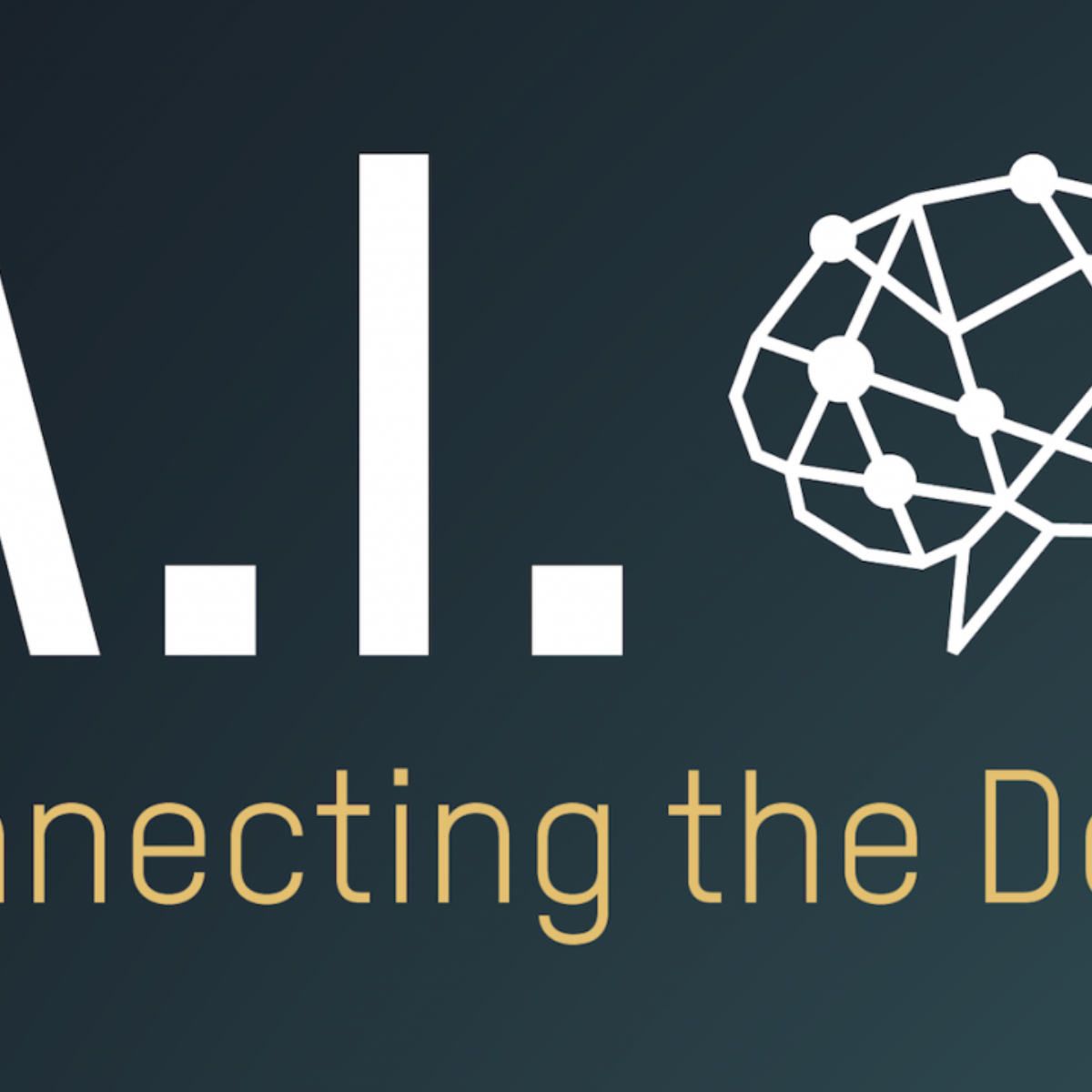
A.I. Connecting the Dots - Superintelligence
What is the long-term perspective of A.I.? Should we create machines that outsmart us? The debate oscillates between dystopian terminator and utopian end-of-history scenarios. Is there a scientific way to find an answer?
27.10.2017
ETH Zürich, HG Room E7
Free

Free
Elon Musk, Bill Gates and Stephan Hawking are among the most prominent admonishers of A.I.. They depict headline-grabbing, near-future scenarios of massive job losses and autonomous warfare. However, they are also concerned about the long-term perspective of A.I. - could it become so powerful so as to pose an existential threat to humanity?
To many - in particular A.I. researchers - this dystopian scenario sounds more like science fiction than an urgent real-life matter to address. However, since Oxford-Professor Nick Bostrom published his book Superintelligence, the issue of A.I.'s existential threat received much attention. Bostrom argues that the greatest risk for humanity does not stem from robots but simply from A.I. systems with a substantially higher level of intellect than humans could ever achieve. Thus, we should presently take measures to create benign A.I. capabilities.
What will the future of A.I. bring? And, can science help us answer this question? Come and join the debate with other A.I. enthusiasts!
Speakers
Robin D. Hanson is associate at the Future of Humanity Institute at Oxford University. He thinks that superintelligence could shower the world with unprecedented productivity and wealth.
Max Daniel is the executive director of the Foundational Research Institute. He argues that superintelligence would likely entail the end of our species.
Program
7 - 8.30 pm: Panel discussion (ETH Centre, room HG E7)
8.30 - 9.00 pm: Apéro and networking (ETH Foyer)
Register here to be part of the evening and please spread the word to your friends and further interested parties!
You can find the event on Facebook, too.
A.I. - Connecting the Dots is a joint project in collaboration with ETH Zurich.
With the kind support of the cogitofoundation and ETH Global